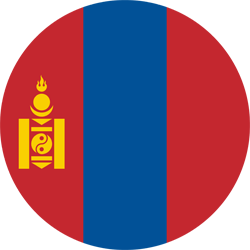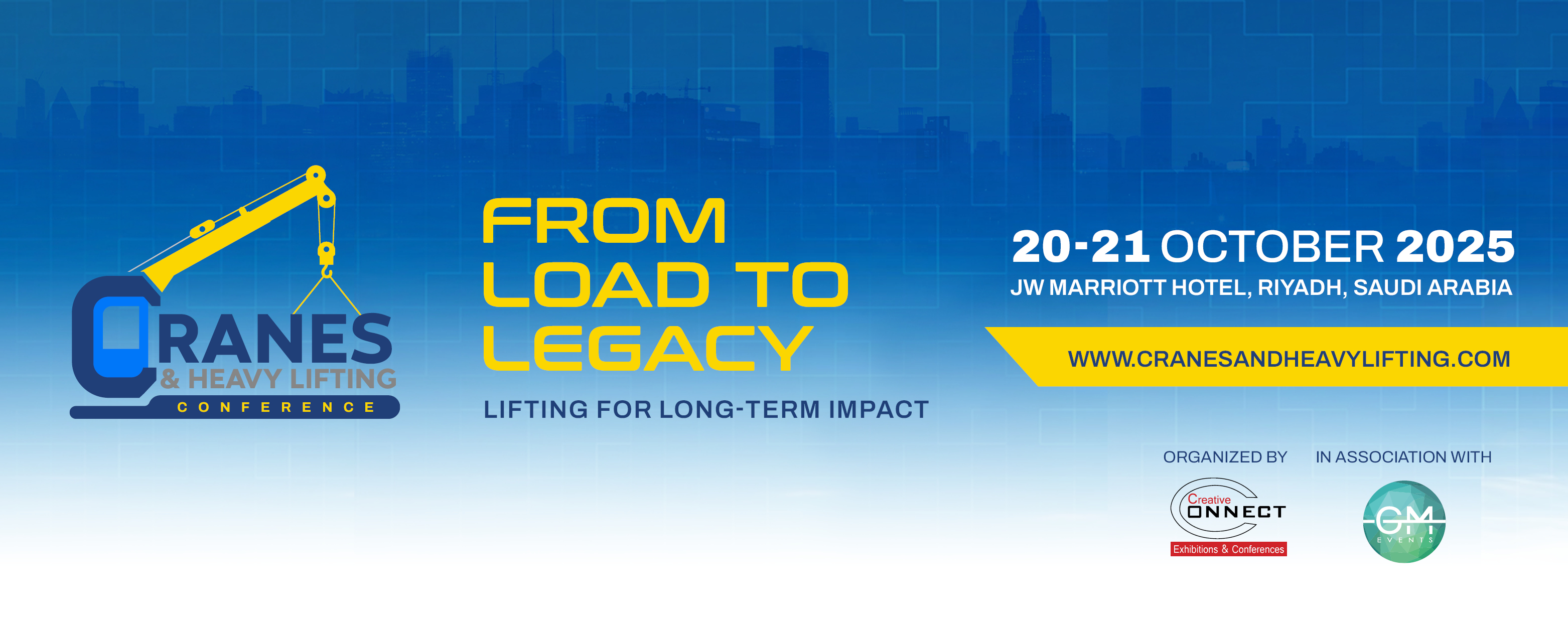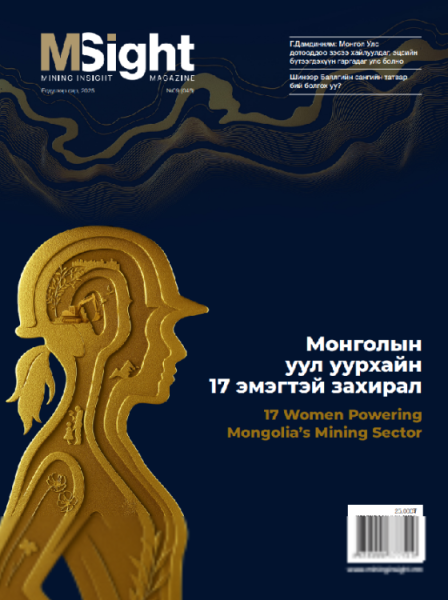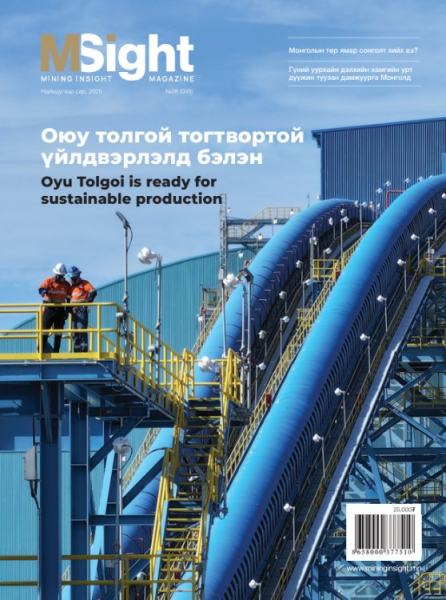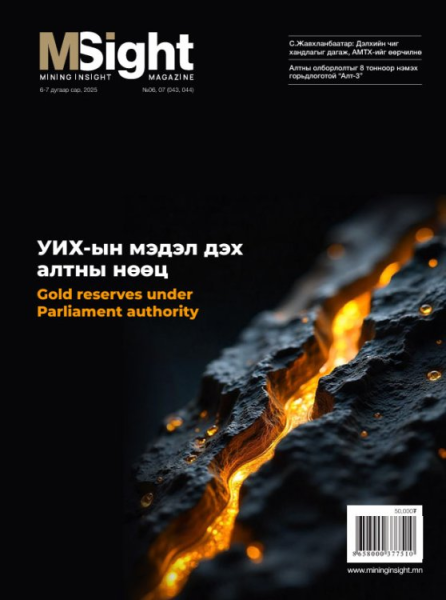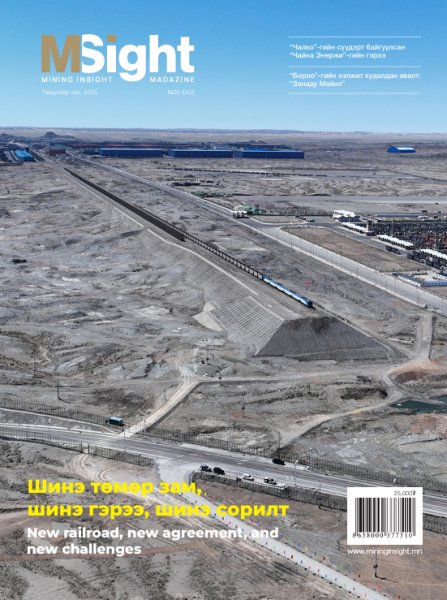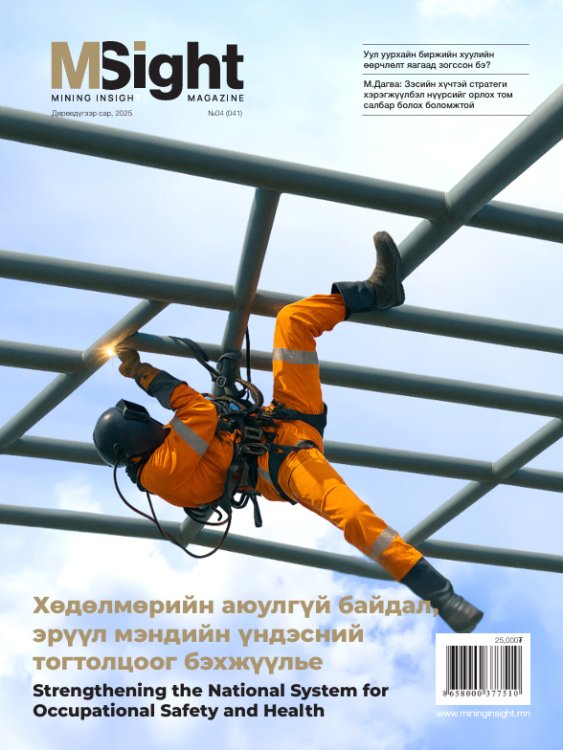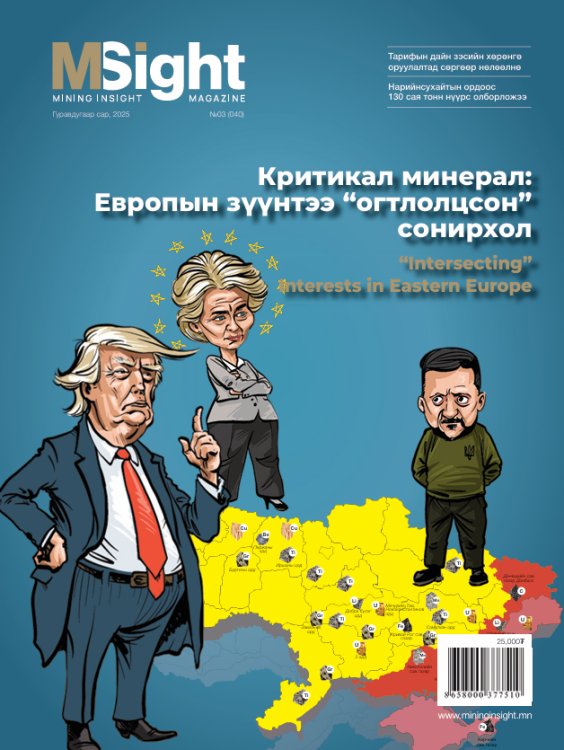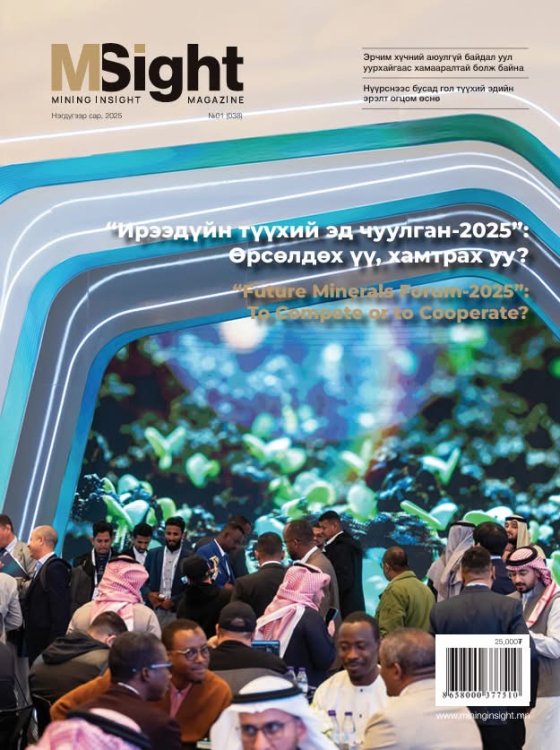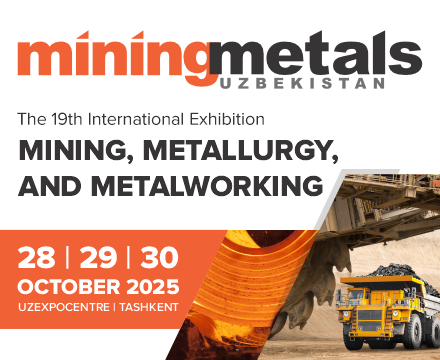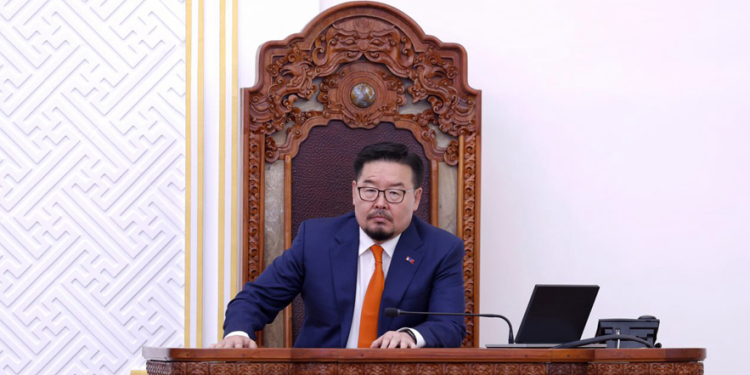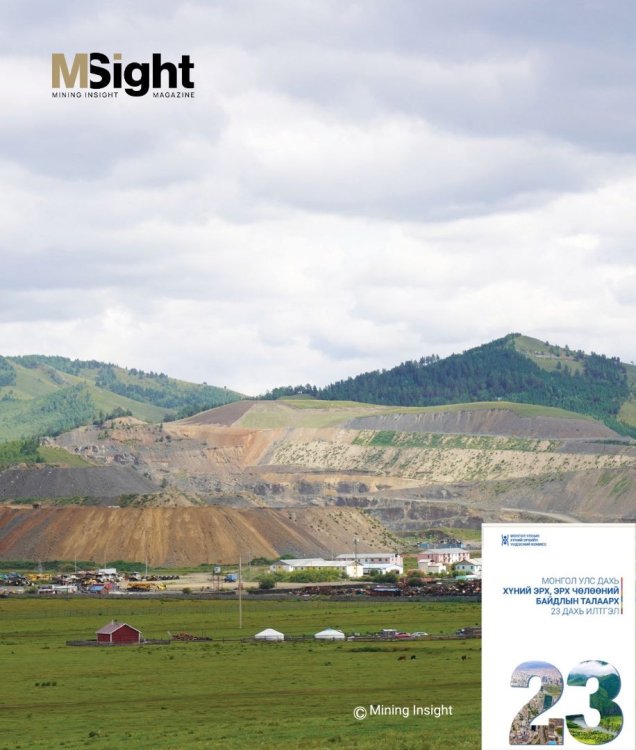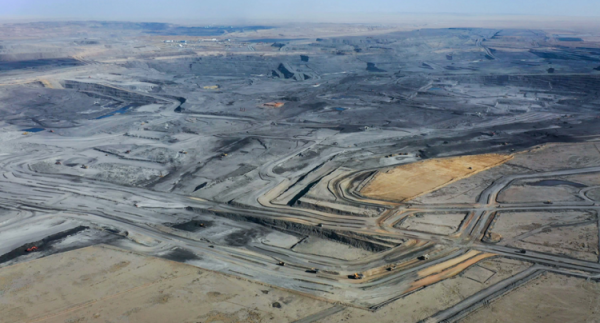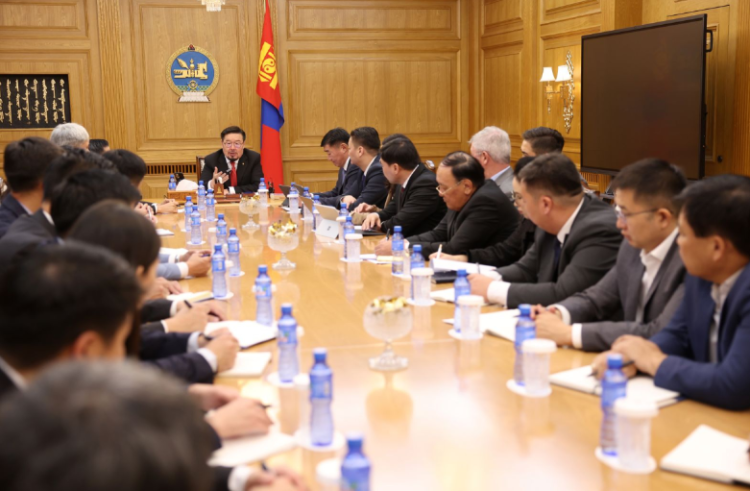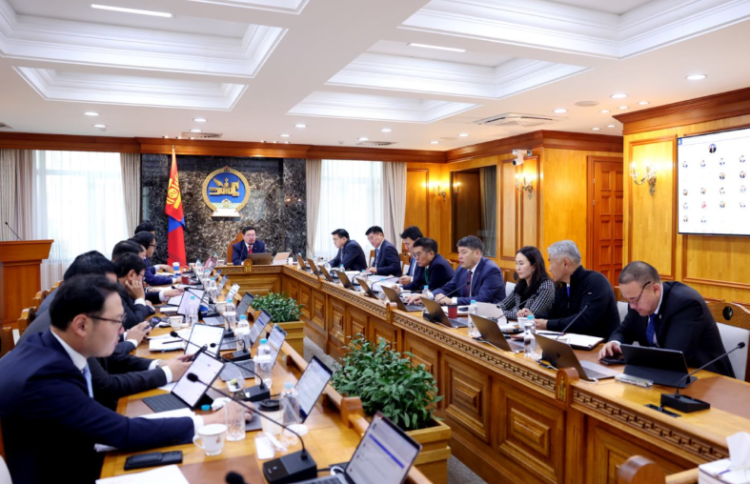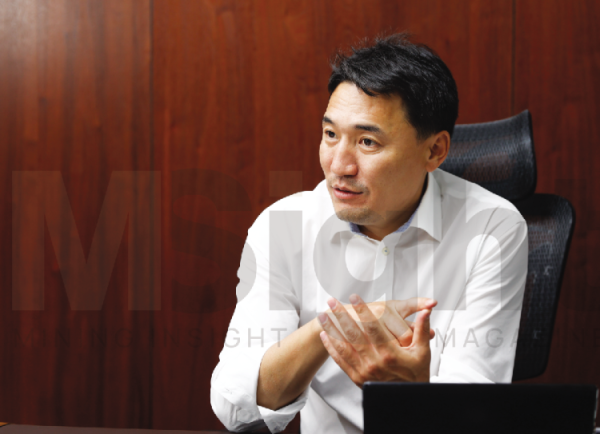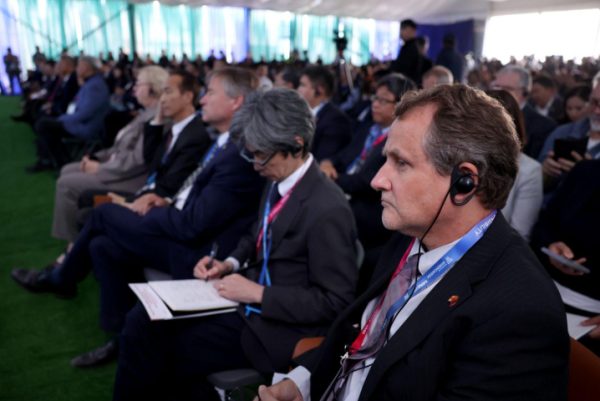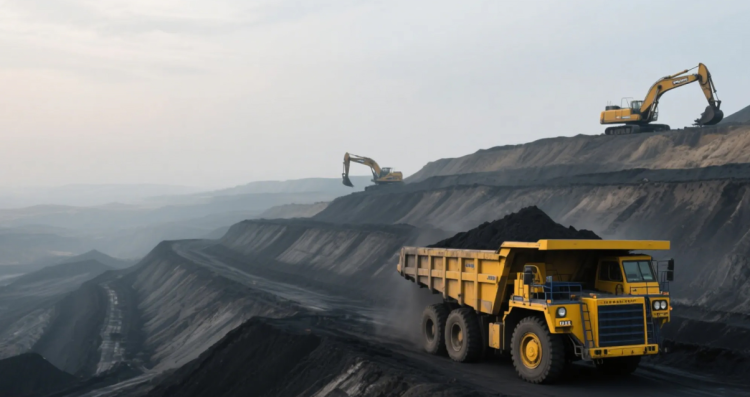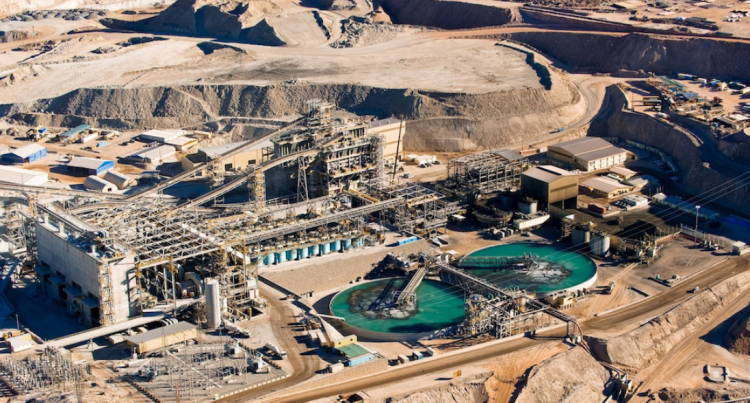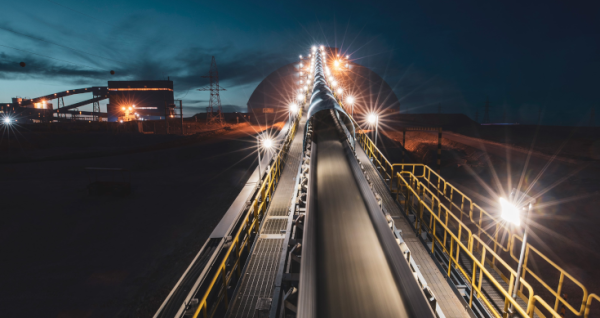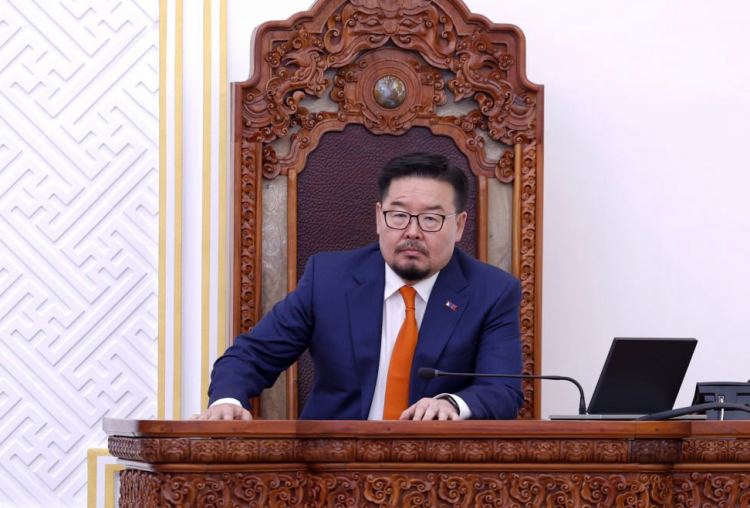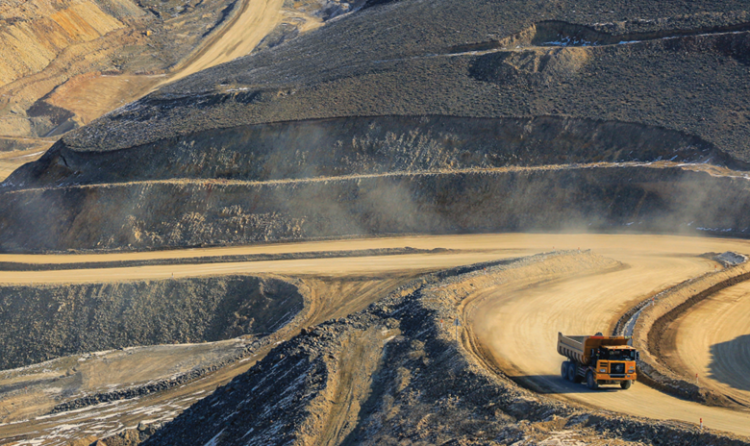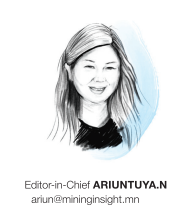 In recent years, there have been numerous instances in Mongolia's mineral sector where the consequences of residents' opposition to mining projects have expanded and even halted geological research.
In recent years, there have been numerous instances in Mongolia's mineral sector where the consequences of residents' opposition to mining projects have expanded and even halted geological research.This type of local opposition to mining projects has been present for nearly a decade. In 2015, the online issuance of exploration licenses, without considering local opinions, served as the first major warning. Since then, only a few new projects have been initiated. This lack of support and opposition is not surprising, as it stems from the mining industry's pursuit of permits from the government while disregarding the interests and involvement of local communities.
However, to avoid prolonging and exacerbating such a negative attitude for another decade, company directors need to start changing their approach and taking proactive initiatives. This conclusion is based on research conducted by the Mongolian Council for Sustainable Development and Social Responsibility (CSS) in collaboration with Mining Insight magazine in Buregkhangai soum of Bulgan Province, Altanshiree soum of Dornogovi Province, and Khuld soum of Dundgovi Province. The project "Increasing the value of the mineral resources sector" was initiated in December of last year under the “AMEP 2” program. The aforementioned research was conducted as part of this project.
As a CSS since its establishment in 2015, we have been actively engaged in promoting good governance and fostering positive relationships between mining companies and local communities. Our efforts have focused on implementing the "Comprehensive Local Development-Partnership" project and providing support to companies in adopting and standardizing sustainable development and governance practices.
In 2017, we published a series of manuals for mining companies, outlining best practices and norms in the industry. More recently, we collaborated with the Mineral Resources and Petroleum Authority and the Mongolian National Mining Association to organize the "Mining and Local Relations" conference during Mining Week. We intend to continue implementing the project in the future. We would like to inform our readers that this initiative, as well as the participation of CSS, is supported by Mining Insight and operates in partnership.
The “AMEP 2” program provided an opportunity to implement a pilot project on local relations in three sub-districts, each with distinct geological characteristics and varying scales and histories of mining activity. This experience remains highly significant.
While mining projects struggle to obtain social approval, which often harm the industry as a whole, there exists a positive or negative trend depending on how the mining company engages with the local community. This is precisely why mining leaders must initiate changes, as a great deal depends on the company's actions. It is essential to formulate a policy, train specialists, implement new management practices, and ensure a sense of progressiveness and fairness toward all individuals in the country, without discrimination.
The research team has identified a common attitude among local communities towards mining companies, as expressed in the headline sentence "Displeasure with Lack of Transparency: Frustration over the Unknown." This sentiment not only represents the views and opinions of the local people but also serves as the root cause of their protests. It is evident that there is a lack of open communication and understanding from mining companies toward the citizens, and this issue extends to exploration companies. Even in private discussions with a few officials from the local administration, it is clear that they have yet to move away from their secretive approaches, which involve engaging only a select few households within the affected area and avoiding open communication with the wider community. The consequences of such relationships generate suspicion and mistrust among the general public, paving the way for a lack of support.
Therefore, the project team took the initiative to organize an open day for the local people, who are the primary stakeholders in the mining industry. The objective was to foster active participation from citizens and provide them with genuine understanding and information about the industry through simplified scientific experiments and demonstrations. The events held in Altanshiree and Khuld were met with satisfaction, and the team plans to organize the next one in Buregkhangai shortly.
Half a year may seem like a short timeframe to bring about significant changes in local relations. However, it has been a valuable experience for us to prioritize the interests and wishes of the citizens at the district level and take practical steps to ensure Information, Consultation, Participation, and Cooperation. Though the progress may be gradual, we remain committed to fostering better relationships and building trust with the local communities.
The report of the Open Day has been published in this issue, with the hope that companies aiming to establish positive relationships with the local community and seeking to obtain and maintain social approval will come together and collaborate with the local community.
Mining Insight is committed to providing regular coverage of the world's leading mining investor conferences. In line with this commitment, we recently participated in the European Raw Materials Summit, in partnership with the premier mining industry event in Europe. As the issue of critical minerals gains new significance and geopolitical dynamics shift, the fifth session of RawMaterials was particularly noteworthy. We invite our readers to read the Brussels report prepared by Batbold.O, which provides fresh insights from the summit, highlighting emerging policy trends in the mineral resources sector. Additionally, we will present a special section focusing on both foreign and domestic issues surrounding critical minerals.
